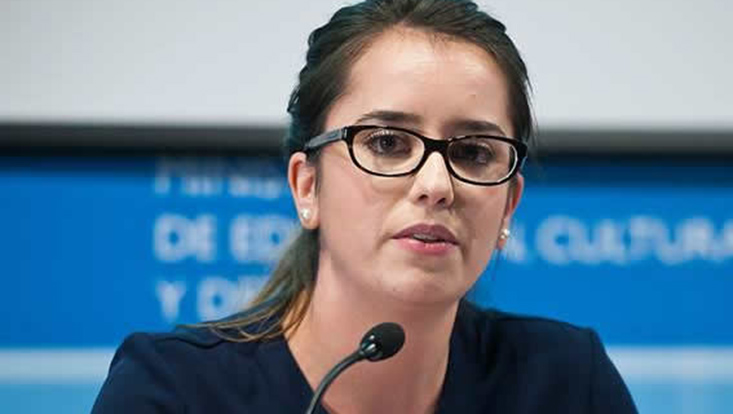Legal philosopher Ulfrid Neumann discusses Criminal Law at CESL
16 April 2018, by Internetredaktion

Photo: CESL
In the Netherlands, you are allowed to sell up to five gram of cannabis without the risk of prosecution, while in Germany the same action is illegal – what does this say about Criminal Law? Legal philosopher Ulfrid Neumann discussed this at CESL.
On 10 April, the professor emeritus of Criminal Law from the University of Frankfurt spoke about the key issues of his field with more than 100 students from the China-EU School of Law, Peking University and the Southwest University of Political Science and Law. Prof. Zhang Mingxuan from Tsinghua University and Prof. Xu Jiusheng from China University of Political Science and Law accompagnied him. The scholars were invited by Professor Zheng Yongliu from the China-EU School of Law.
Neumann gave a doublefold answer. On the one hand, despite cultural differences, in all legal systems, Criminal Law functions in a common way. "Criminal law protects legal interests and maintains norms in a society.“ On the other hand, Neumann argued the case for a critical approach towards a supranational Criminal Law. "Can an intergovernmental criminal court be the solution, like the International Criminal Court in The Hague, which deals with international war crimes and genocide? Frankly, I'm not sure," he said. An international court could not rule out the different cultural backgrounds of the judges, he argued. Moreover, it would be concerning that in all international criminal cases so far the defendantes were sentenced.
The 70-year old professor of Criminal Law, Criminal Procedure Law, Legal Philosophy and Legal Sociology also said that there is a difference between punishing a murderer on the ground that the perpetrator would also have to pay a price for the crime committed or on the ground that the punishment would restore justice for the victim, the relatives and society. Zhang Mingxuan and Xu Jiusheng agreed on this. Prof. Zhang Mingxuan, however, pointed that the one thing did not exclude the other. "Criminal Law should always aim at preventing new crimes."


